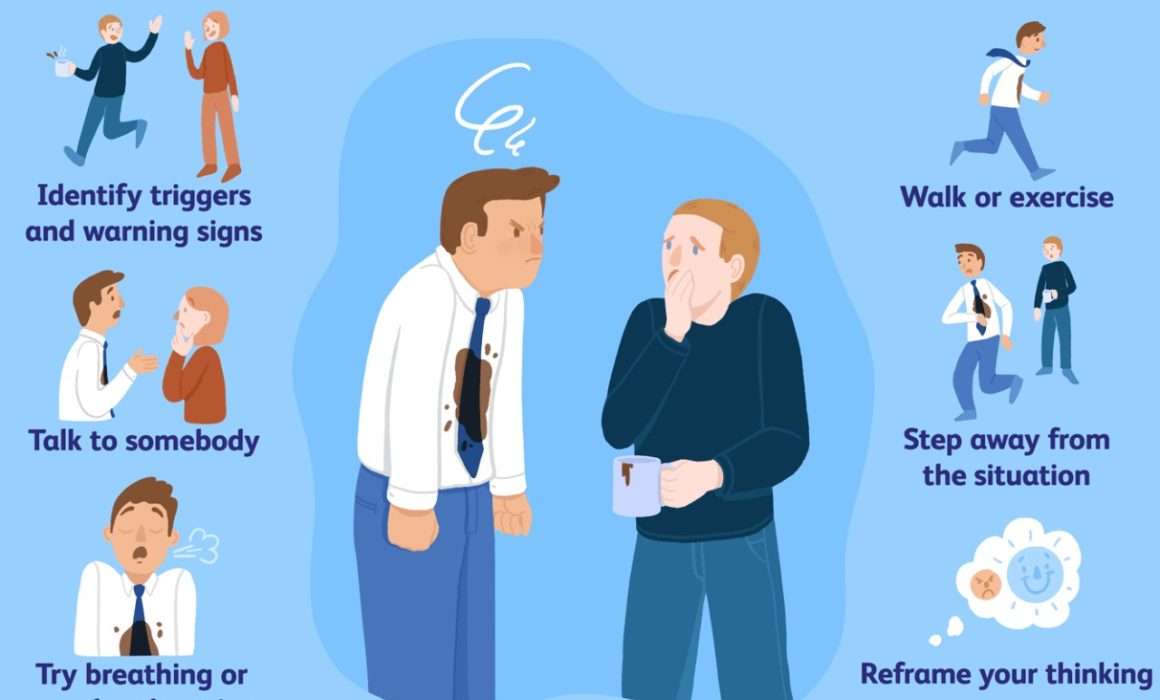Anger management
Clients often come to me looking to work on their anger. It’s generally not a tough issue to deal with. I always affirm first of all that a change has already occurred from them in just the action of reaching out. It’s as if already a part of them at their higher level knows that something is happening which isn’t actually them operating at their best.
My coaching teacher used to talk about the 2.0 you who you are moving into being. The fact that someone comes to a therapist with an issue of anger shows that their 2.0 self is already not so angry.
I often find it helpful to support my client to just slow down in our session. We’re not looking top down to fix something but just looking at what actually is going on. We’re always looking to work in a bottom up way.
We know already something is occuring which isn’t aligned to our highest self. The problem though is a thing is occurring so we can sit with that and look at what is actually happening. I sometimes think of the analogy of a computer. When we know it’s meant to do something but right now something different to that is happening.
I find a combination of Counselling and Coaching techniques are helpful. Slowing down and looking at what actually occurs in these moments. As we slow down we see for example that something small is happening in the outer world (being the ‘trigger’) but the explosion that is occurring is out of proportion.
It’s rarely if ever my job to judge something as being out of proportion. Everyone has their own integrity and their own thresholds. I’ve had clients describe things which objectively don’t seem particularly problematic but the key is the way the individual perceives it and the questioning as to whether or not this is ‘out of sync’ for your very personal user interface (to use the computer analogy again).
Giving an empathic space and slowing things down allows reflection to take place and then an exploration of what is actually occuring. It’s particularly common for anger issues to pop up in romantic relationships as these in particular bring up our deeper core issues.
As clients go on their inner journey with me as the facilitator, emotions, thoughts, and memories often come up of past issues and events which were unresolved.
It’s important here we don’t get trapped necessarily on finding out a why or information necessarily. The experience which is beneficial here is just holding a space whereas the emotional reality can be explored. An environment whereas whatever is occurring is okay.
Person centred therapy often talks about providing an empathic space so our client is able to be in touch with their ‘organismic valuing process’. This is the centre point of us which is trying to grow but gets trapped when certain conditions are placed on it.
Anger often goes back to past times growing up when we didn’t have our needs met and weren’t allowed to just be us and express our boundaries and our wants and needs.
By giving an empathic framework a validation can be given of what was missing in the past. We can then look to honour this wound with tools such as our own inner child healing, letter writing practices. I find it’s a twofold practice of letting the past be validated and then mixing this with new and better communication.
Just the practice of being in a state of adult communication constantly moving forward helps significantly. Recognising when in the past we have slipped into being more aggressive and how this is linked to us actually at some stage in the past being too passive (because maybe we couldn’t express our needs at all).
Anger issues often go back to a frustration of unmet needs and when we can recognise and heal this it makes it possible for more constructive ways of being to move forward.
When individuals come to me with this issue and are in a relationship I often suggest perhaps having some sharing of our content with the partner. It’s vital that this feels safe as a priority as the therapeutic process is precious but if it is safe and the partner is on board with the work being done it can be wonderful to build new connections.
The partner can become more empathic and aware and can support the process as it takes place. When used appropriately anger is a powerful force. We can say ultimately it’s just about assertive communication, having good boundaries and is integral to creating a life we want and that is rewarding. Anger is only an issue when it’s actually unstable and connected to unmet needs within ourselves.

